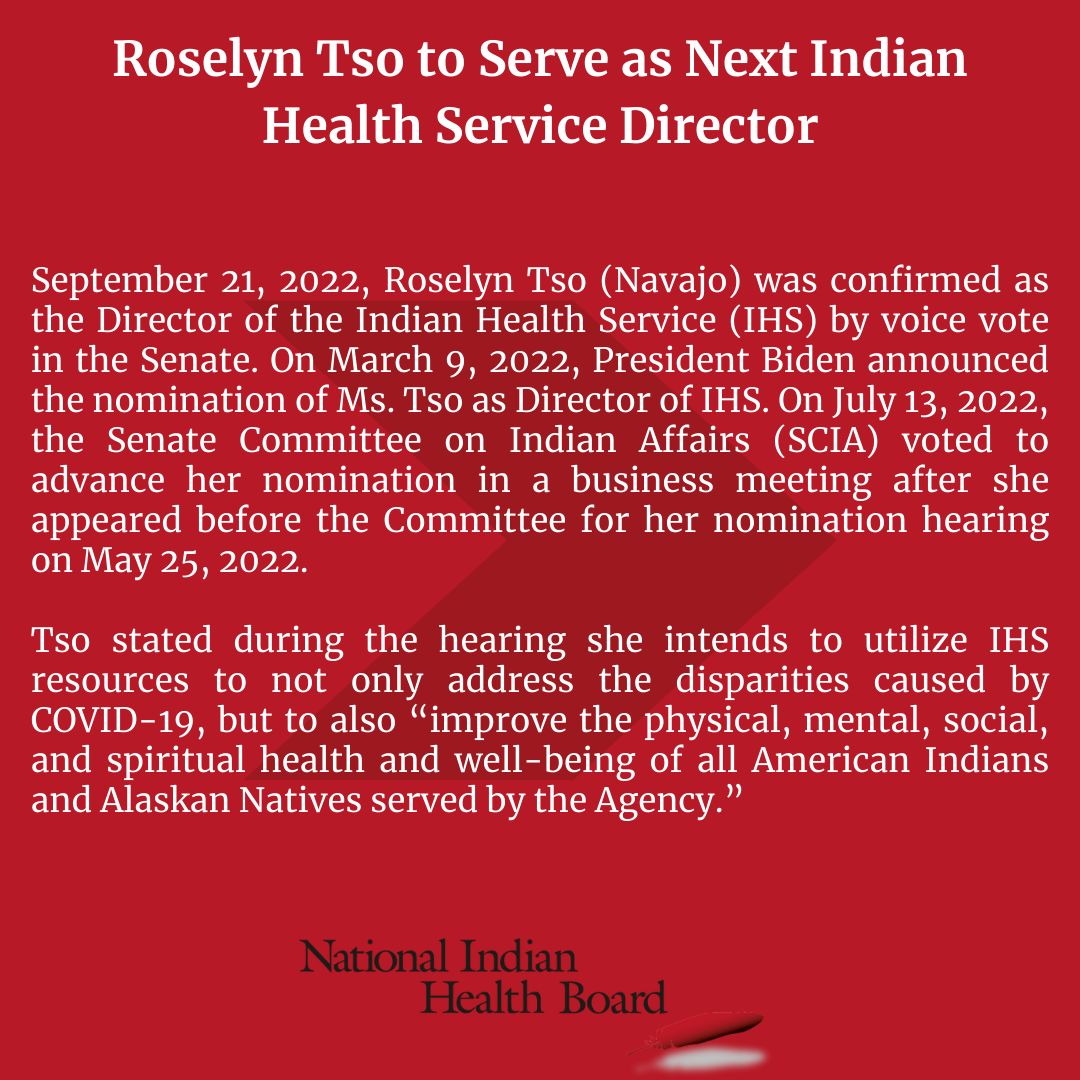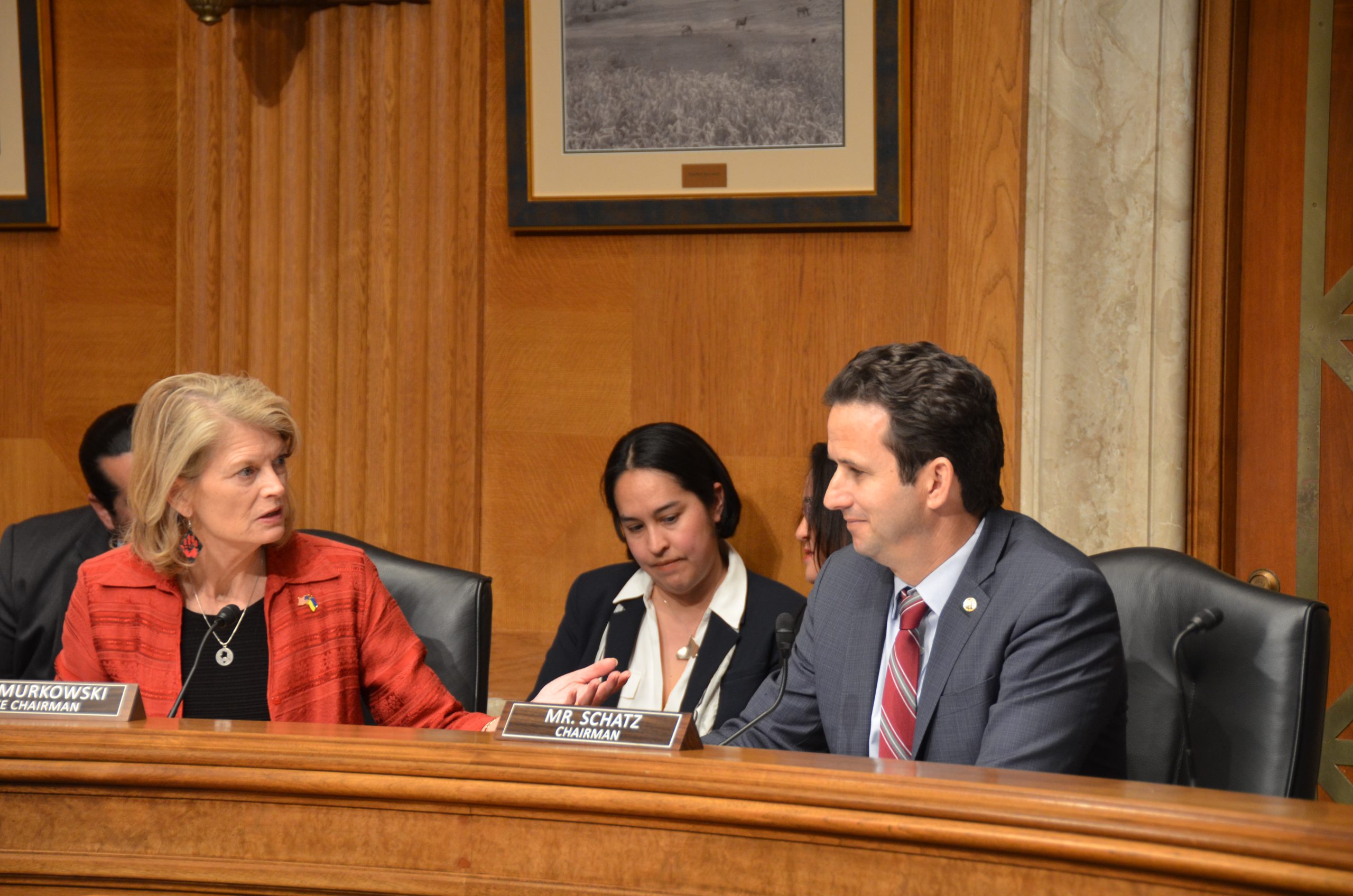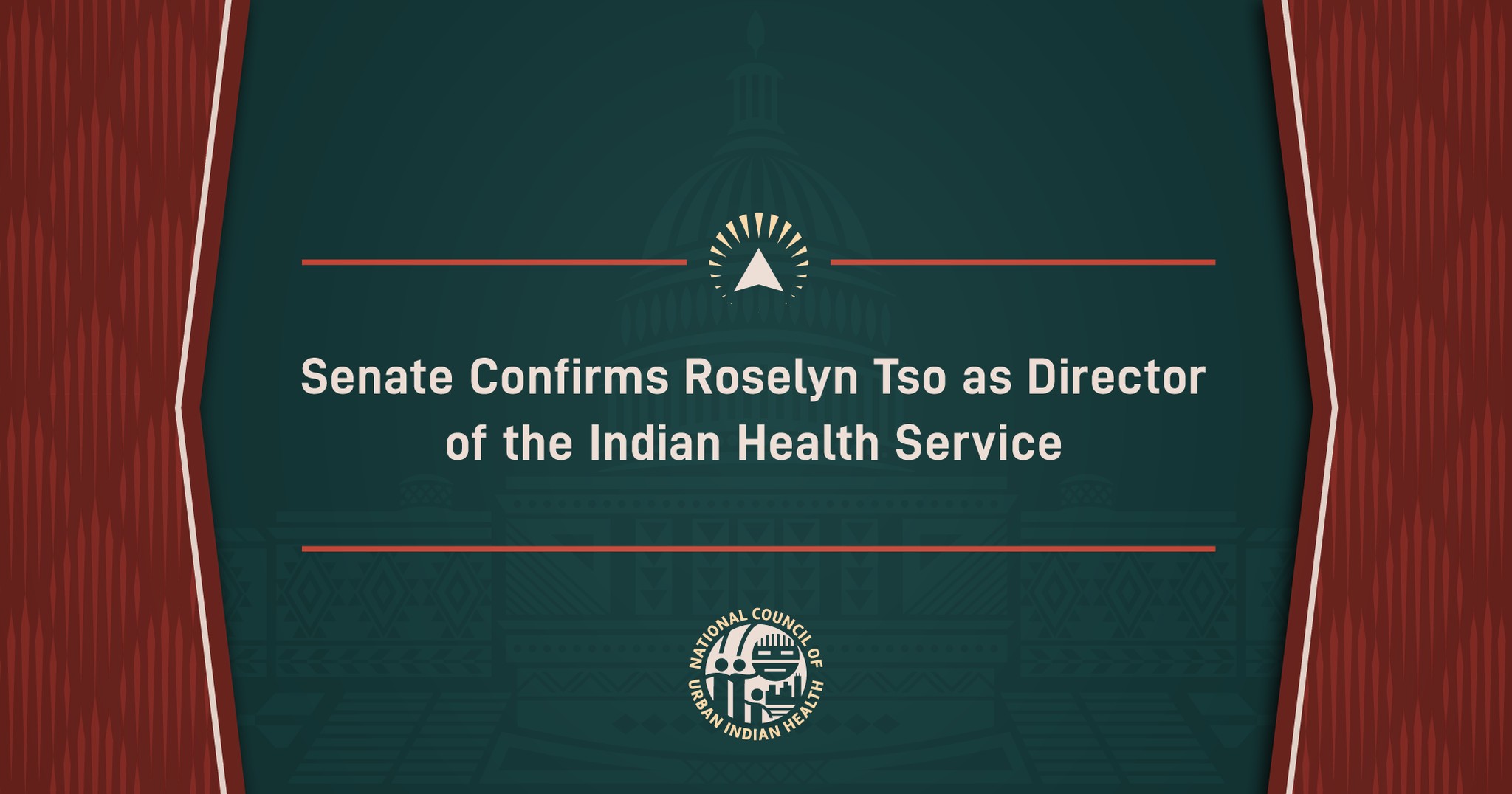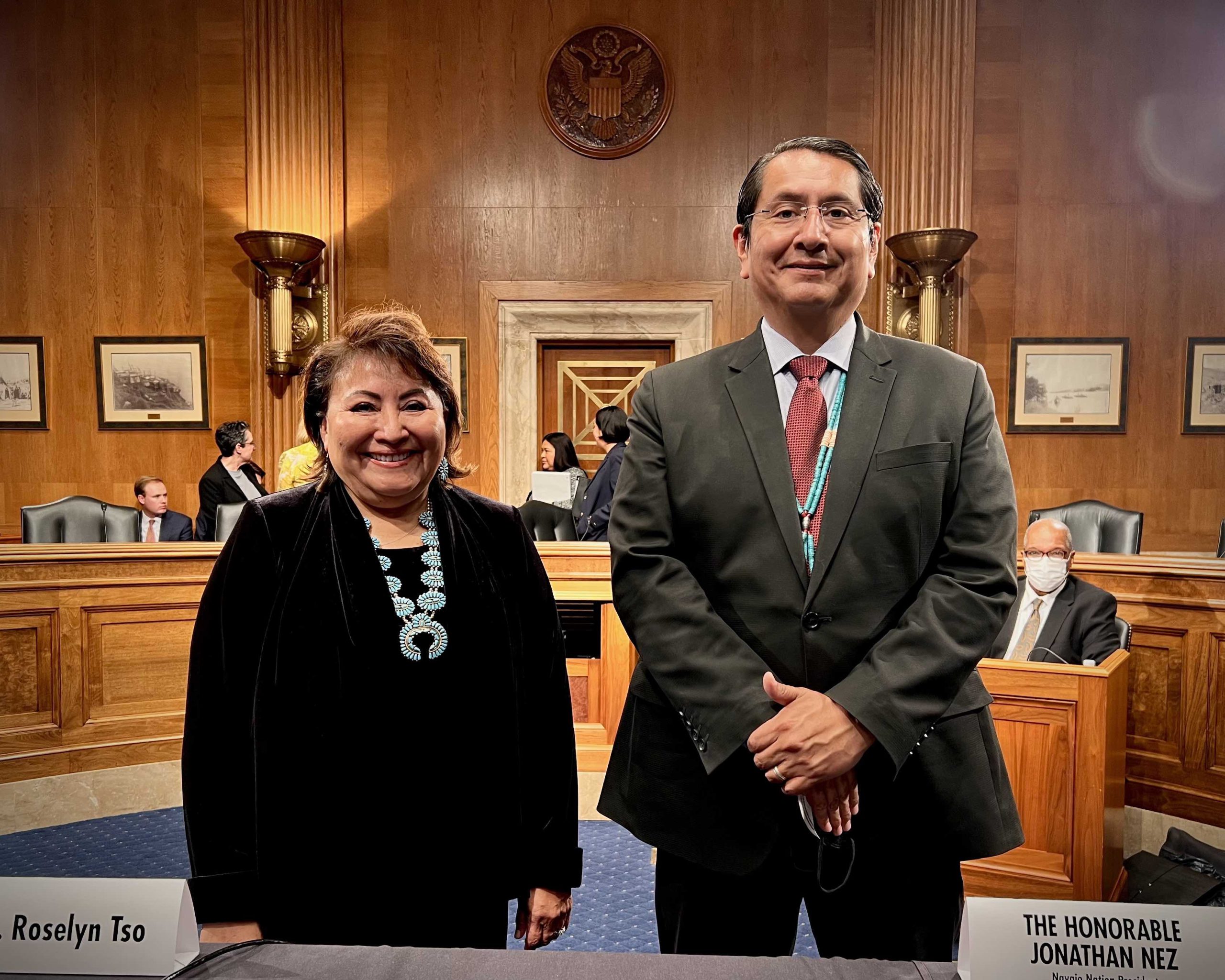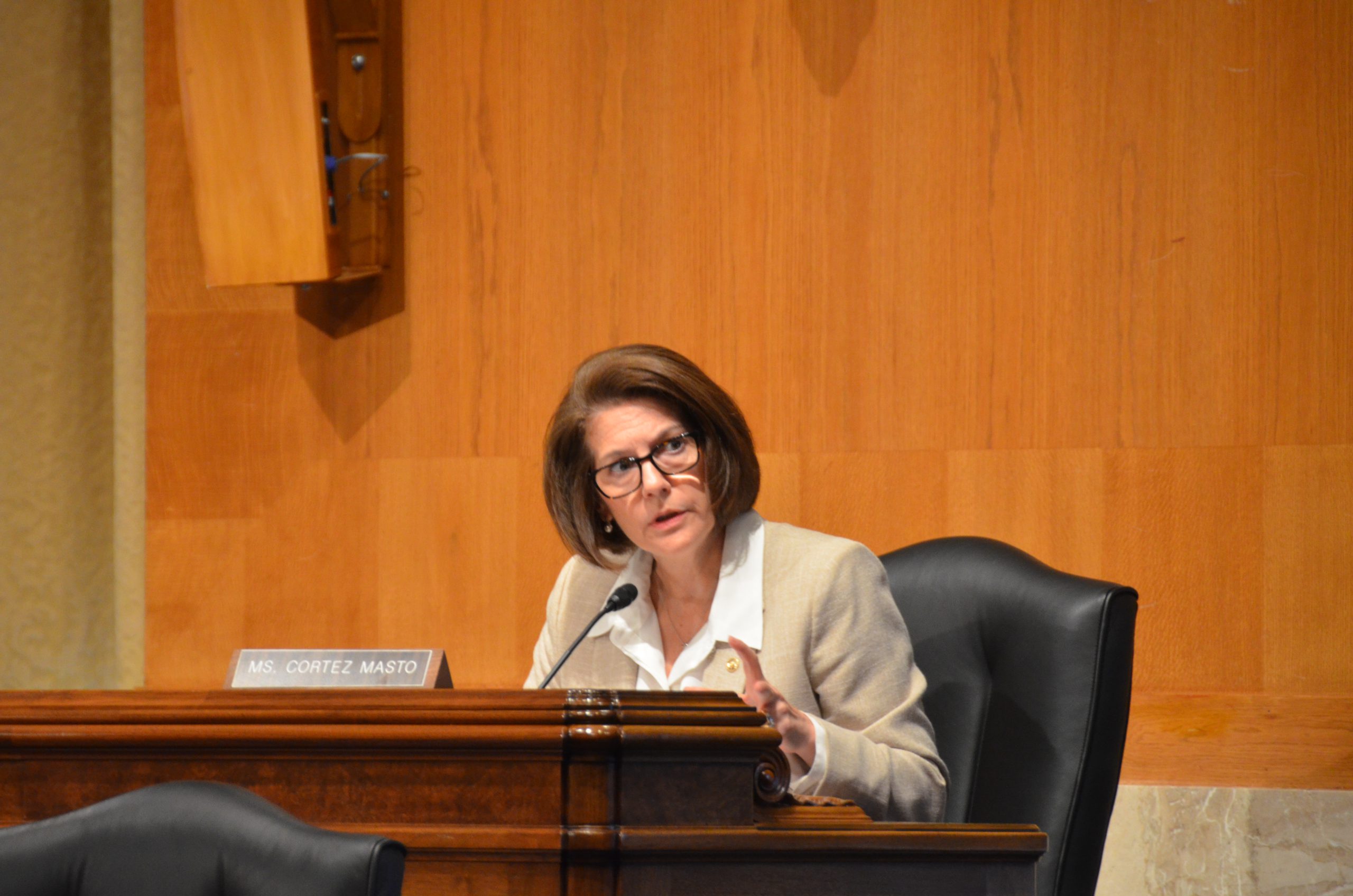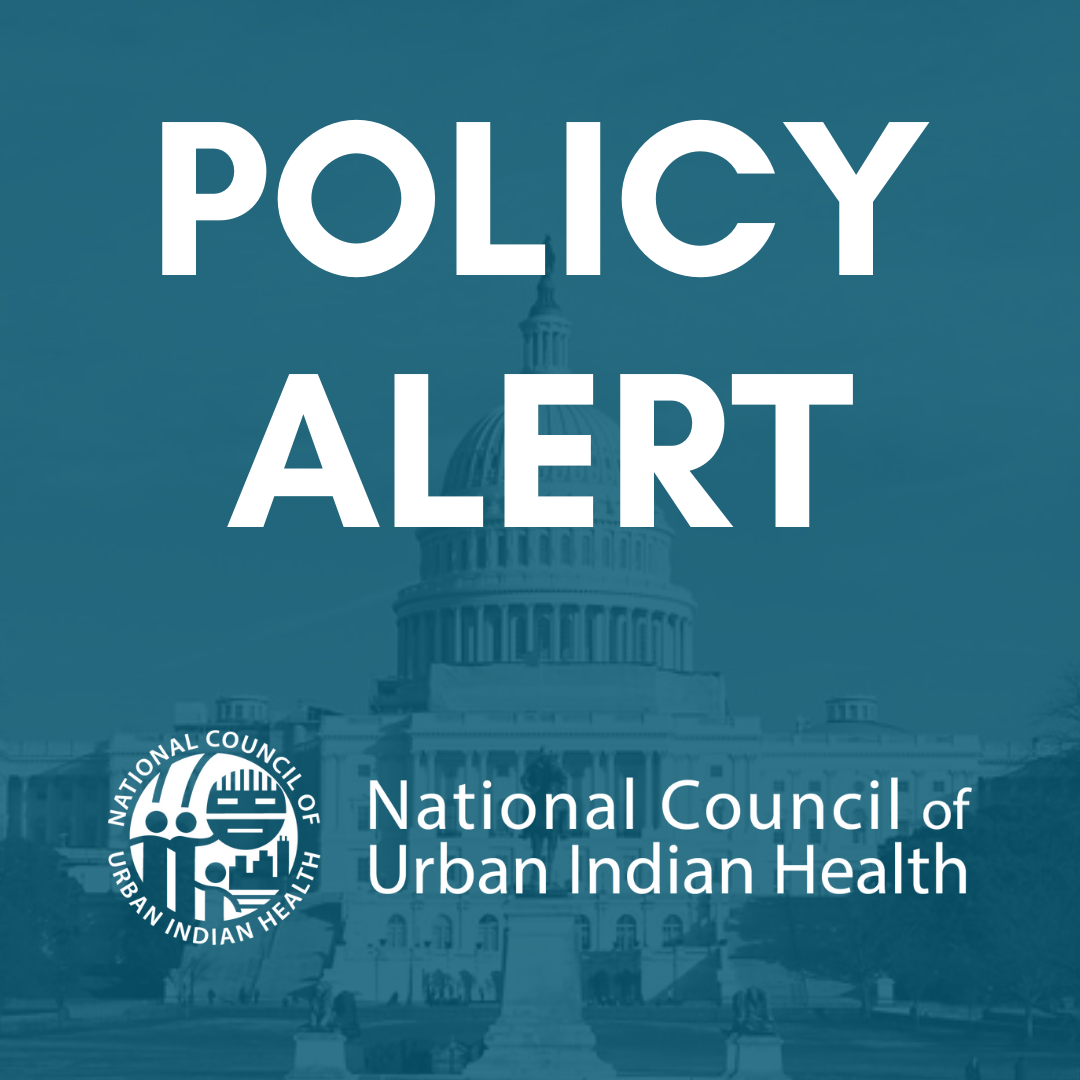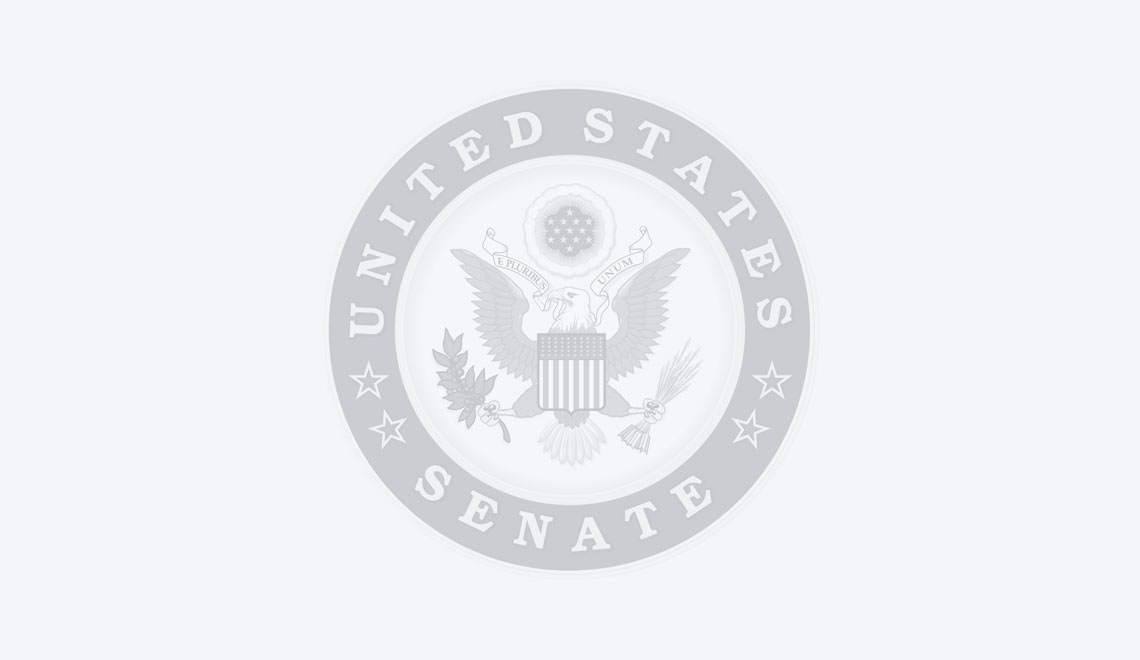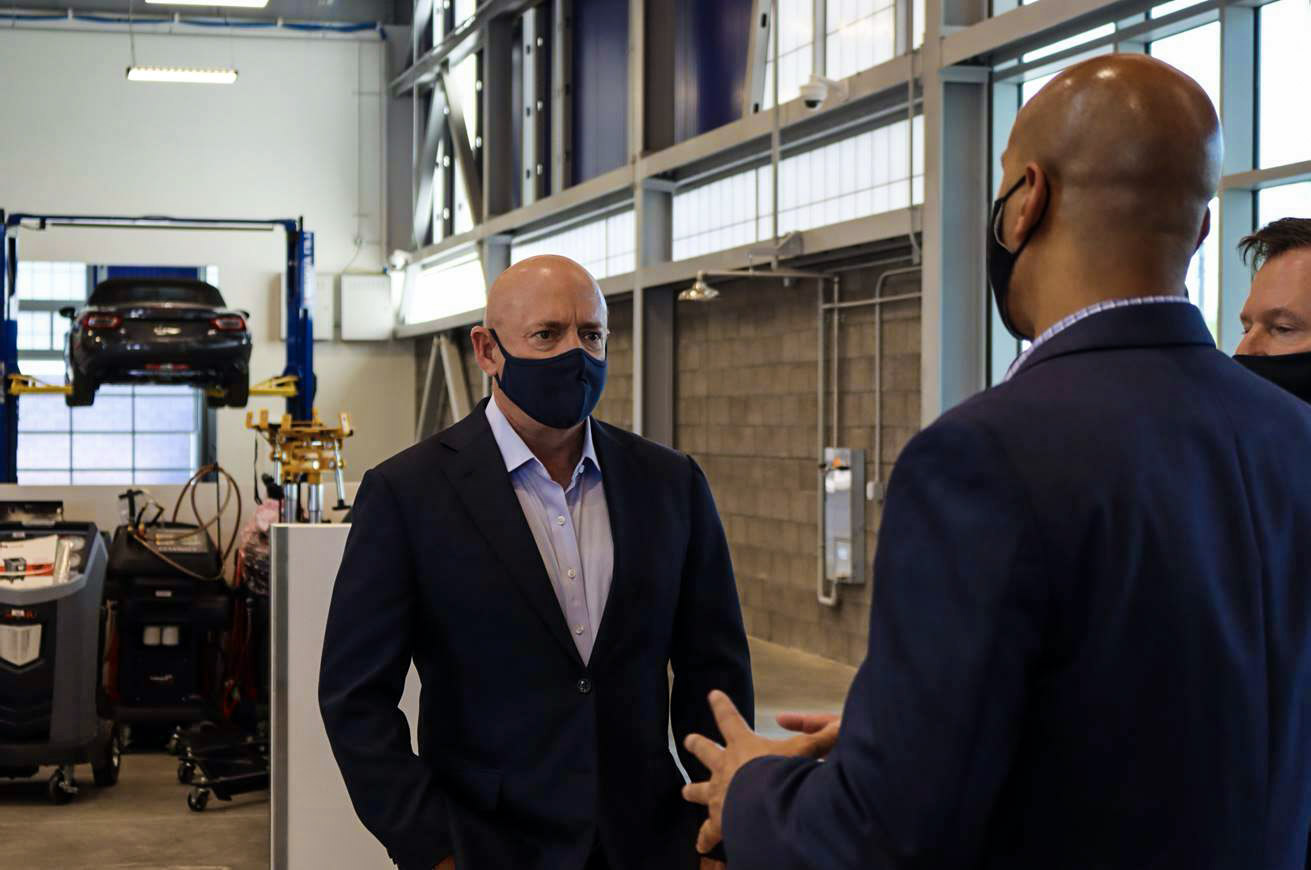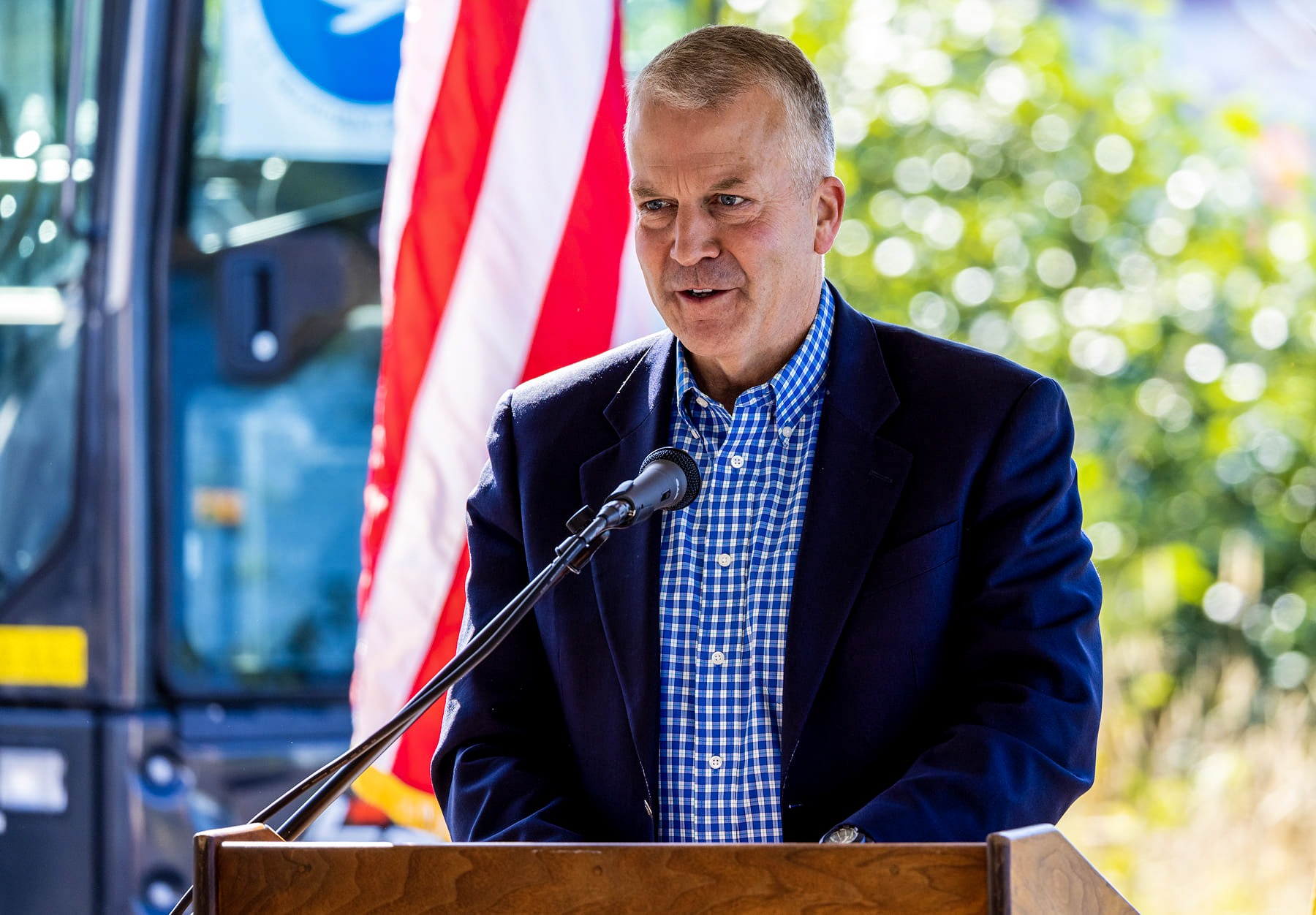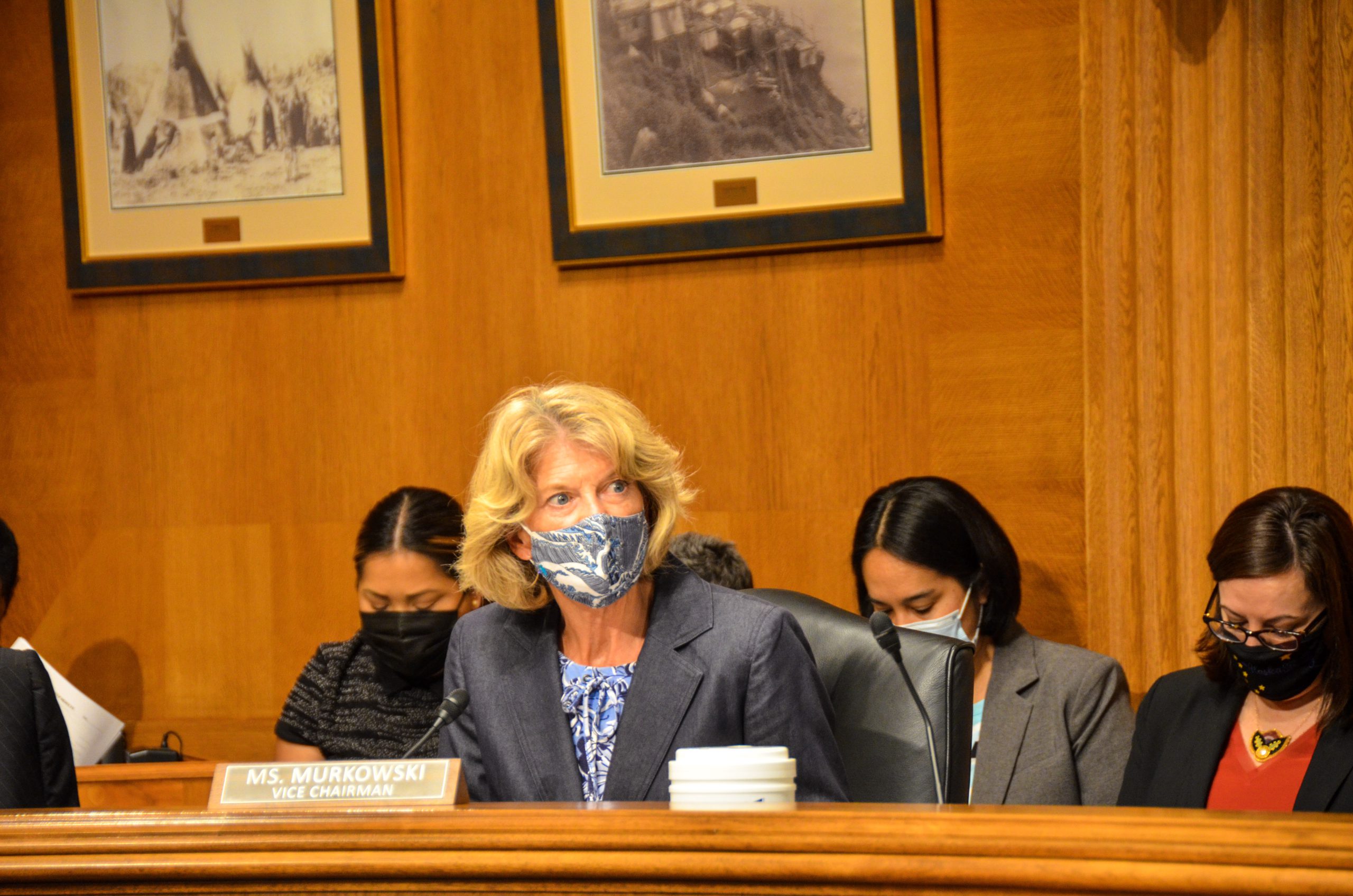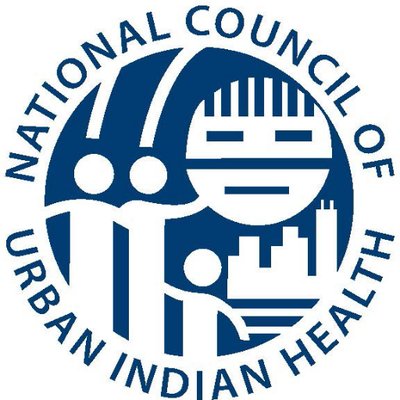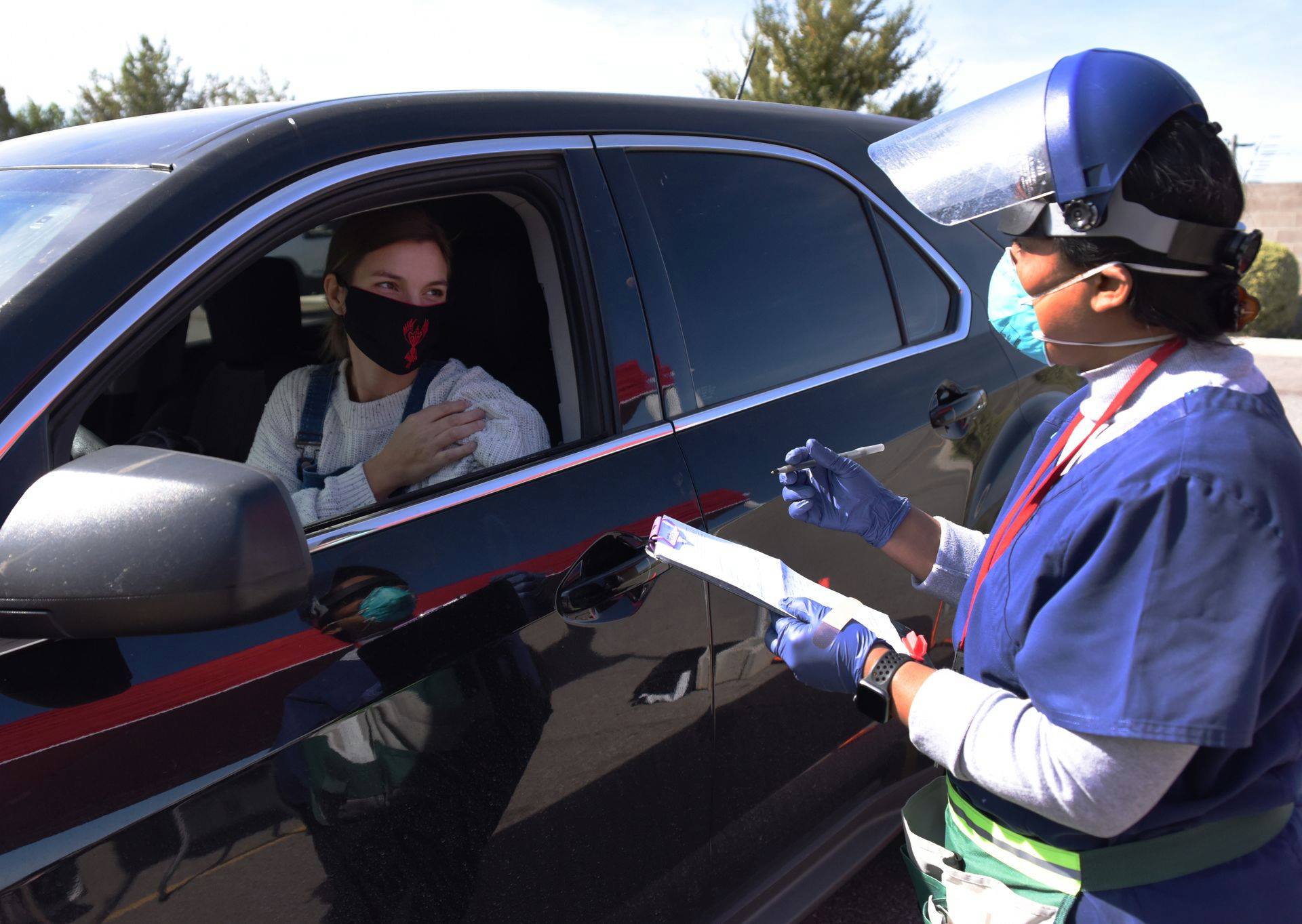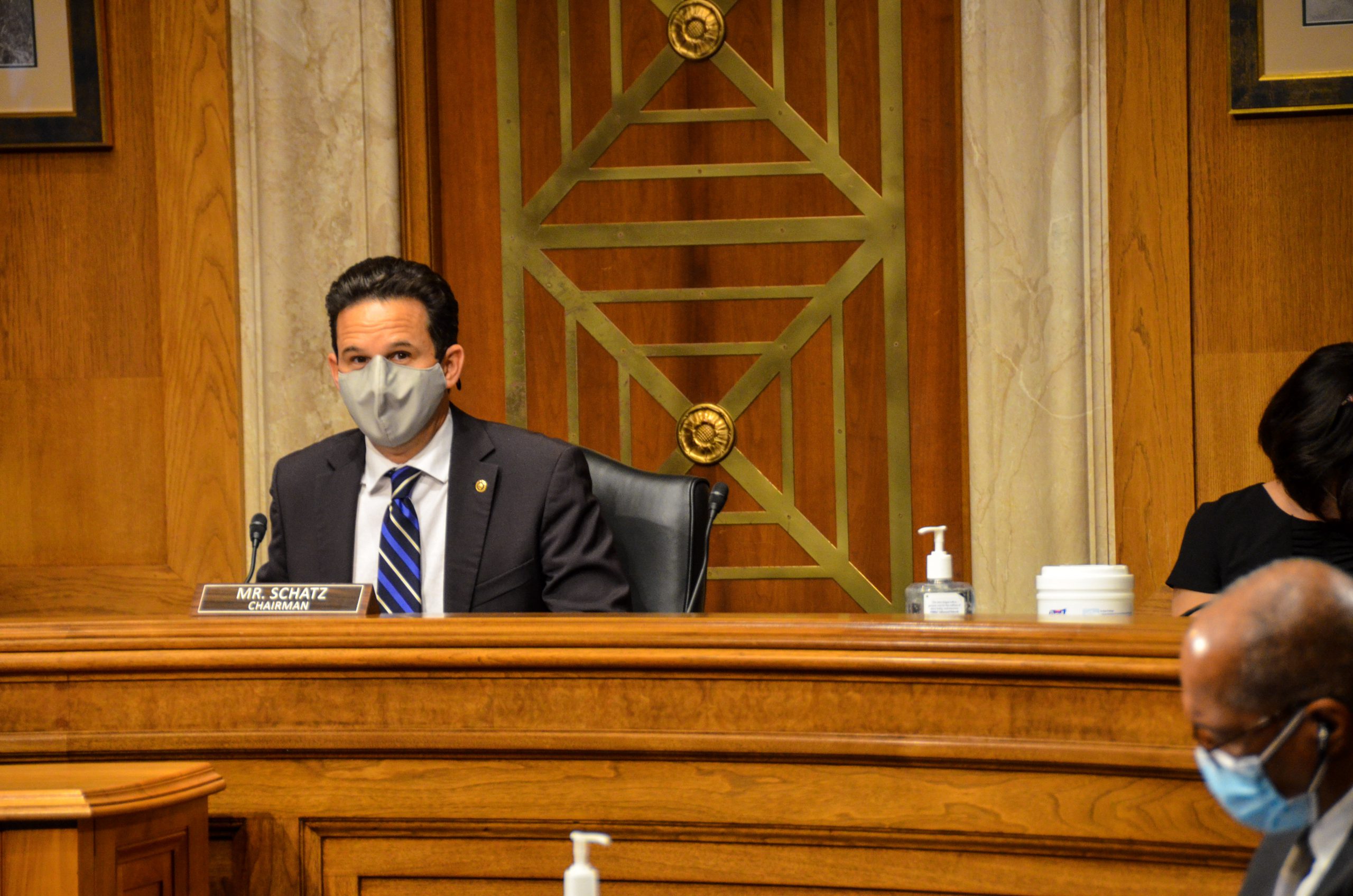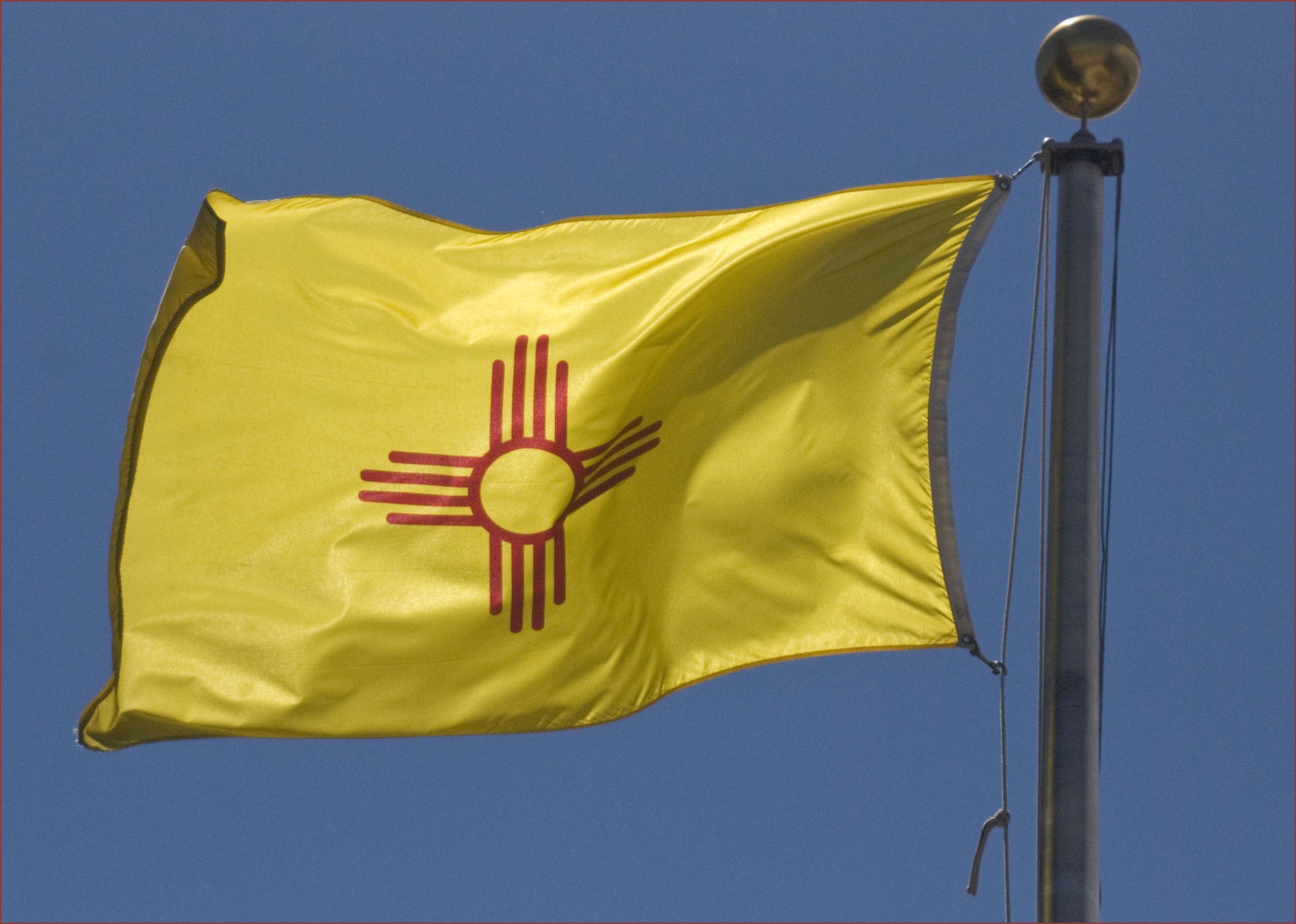COVID-19 in Indian Country
The National Indian Health Board congratulates Roselyn Tso on becoming the Director of the Indian Health Service.
“Dedicated, long-serving leadership at the Indian Health Service is vital to fulfilling its mission,” said Sen. Brian Schatz (D-Hawaii), chair of the Senate Committee on Indian Affairs.
"We are thrilled to have a confirmed leader for the Indian Health Service,” said Francys Crevier, CEO of the National Council of Urban Indian Health.
Navajo Nation President Jonathan Nez and Vice President Myron Lizer applaud the U.S. Senate’s confirmation of Roselyn Tso to serve as the next Director of the Indian Health Service.
Sen. Catherine Cortez Masto (D-Nevada) is pleased that the U.S. Centers for Disease Control and Prevention has suspended the coronavirus testing requirement for international travelers.
The bill includes $73.4 million for urban Indian health and $6.6 billion for the Indian Health Service.
The Senate Committee on Health, Education, Labor, and Pensions holds a hearing titled "Addressing New Variants: A Federal Perspective on the COVID-19 Response."
The Confederated Tribes of Grand Ronde and the Confederated Tribes of the Umatilla Indian Reservation will receive more than $2.7 million from the American Rescue Plan Act to help them deal with the COVID-19 pandemic.
“Adequate funding for Indian Country is crucial now more than ever, especially as the COVID-19 pandemic has, and continues to be, the deadliest for American Indian and Alaska Native communities,” said Francys Crevier of the National Council of Urban Indian Health.
The Senate passed the State, Local, Tribal, and Territorial Fiscal Recovery, Infrastructure, and Disaster Relief Flexibility Act to address COVID-19 funding.
“ANCs are facing a time crunch to get COVID-19 relief dollars out the door,” said Sen. Dan Sullivan (R-Alaska).
“I worked hard to include this important language and am relieved the Senate passed this critical extension for tribes to be able to expend CARES Act funds,” said Sen. Lisa Murkowski (R-Alaska).
“After decades of being ignored and forgotten, we applaud the Senate Appropriations Committee for the robust legislation proposed to improve outcomes for Indian Country,” said NCUIH CEO Francys Crevier.
Urban Indian health providers will finally be able to use existing funds to expand, renovate and upgrade their facilities under the bipartisan infrastructure bill.
“This technical fix will be critical to expanding health care infrastructure for Native communities who have been devastated by the COVID-19 pandemic,” said CEO Francys Crevier of the National Council of Urban Indian Health.
“The impacts of COVID-19 will be with our Native communities for a long time to come,” said Sonya Tetnowski, president-elect of the National Council of Urban Indian Health.
“Through their years of service to our country, veterans have earned the right to access the best medical care our nation has to offer, including the COVID-19 vaccine," said Sen. Ben Ray Luján (D-New Mexico).
Sen. Brian Schatz (D-Hawaii), chairman of the Senate Committee on Indian Affairs, wants to help Native communities navigate the $31.2 billion in COVID-19 relief authorized by the American Rescue Plan Act.
The American Rescue Plan Act includes $84 million for urban Indian health providers and addresses critical Medicaid coverage.
“Everyone in our state deserves to feel whole again. That’s why the American Rescue Plan is so important," said Rep. Deb Haaland (D-New Mexico) of the COVID-19 relief bill that has cleared Congress.
Tools
Search
Useful Links
Categories
Advertisement
Popular Tags
116th
alaska
american rescue plan
ancs
arizona
bia
california
cares act
cdc
cheyenne river sioux
dc
democrats
doi
donald trump
employment
gaming
h.r.748
hhs
house
ihs
jonathan nez
meetings
michigan
mohawk
myron lizer
nafoa
navajo
ncai
ncuih
new mexico
new york
nihb
oklahoma
pueblo
radio
scia
senate
south dakota
steve mnuchin
tom udall
treasury
urban indians
utah
white house
youth
